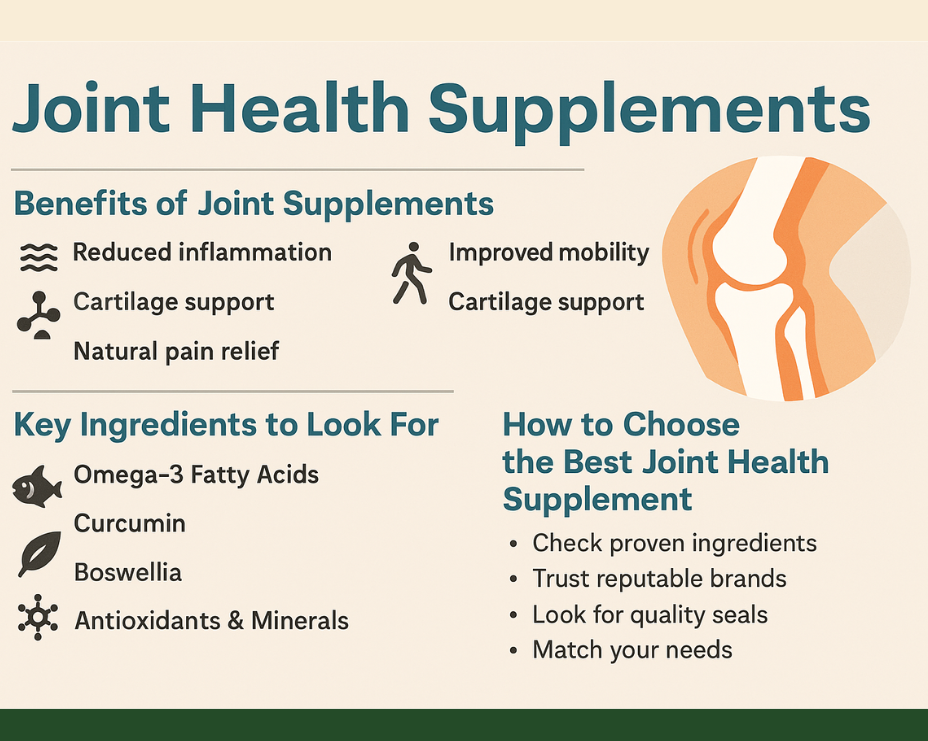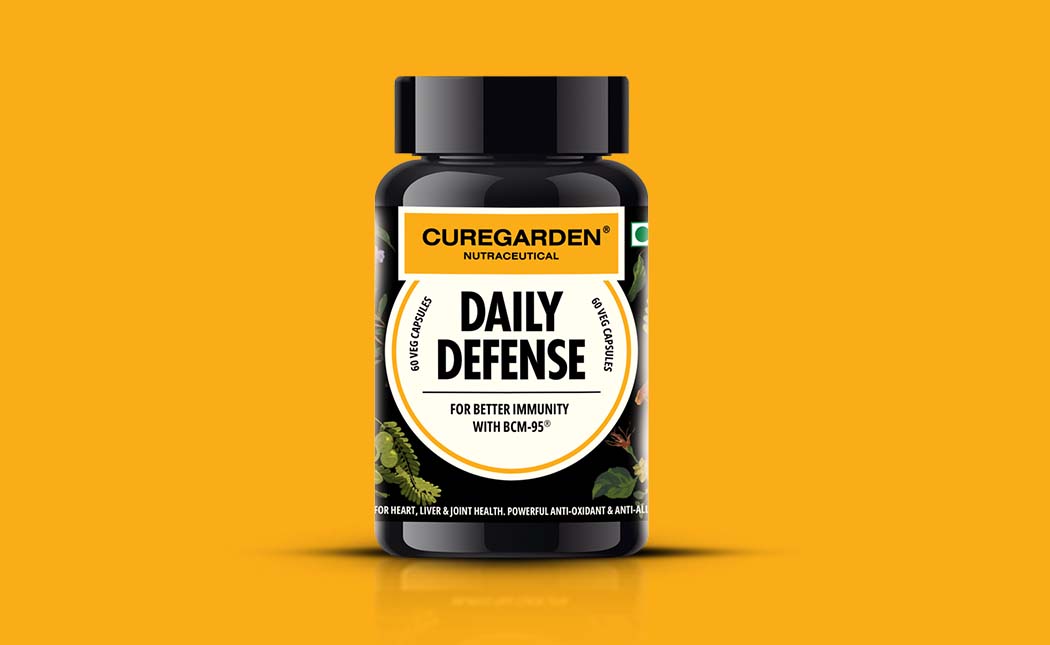Essential Takeaways
- High levels of stress can lead to many risk factors such as high cholesterol or high blood pressure.
- Things which for sure can help to manage stress include meditation, exercise and carrying positive attitude.
How do stress and heart disease related to each other? Does taking so much stress increases the risk of heart disease? Stress is a normal part of everyday life. But if we do not manage it, stress can result in emotional, psychological, and even physical problems, including:
- heart disease,
- chest pains
- irregular heartbeats.
- high blood pressure,
How Does Stress Increase The Risk For Heart Disease?
Stress itself can be a risk factor for, or it could be that high levels of stress make other risk factors (such as high cholesterol or high blood pressure) worse. For example, if you are under stress, your blood pressure increases, you may overeat, you may not be physically active, and you may be more likely to smoke.
When you take stress, your body releases high levels of stress hormones like adrenaline and cortisol, which can be a risk factor for heart disease. Studies also link stress to changes in the way blood clots, which further increases the risk of having a heart attack.
These days everyone is likely to have some sort of stress. Trying to undo the tension can just add more stress if you take the wrong ways to handle stress. But there’s no need to do that; there are many healthy, proven ways to get relief from stress.
Check out these articles for further reading:
Try These Five Simple Tips To Manage Stress.
- Do Meditation
This practice of inward-focused thought and deep breathing has been shown to lower heart disease risk factors such as high blood pressure. Anyone can do meditation. Just sit somewhere in a quiet place, close your eyes, and focus on your breathing. Other approaches such as yoga and prayer, can also relax the mind and body.
- Stay Positive
. Carrying a positive attitude is very effective in handling stress. People with heart disease who maintain an upbeat attitude are less likely to die than those who are more negative, according to research. Just having a good laugh will help your heart. Laughter has been found to lower levels of stress hormones, reduce inflammation in the arteries, and increase "good" HDL cholesterol in the body.
- Unplug
. It's impossible to run away from stress when it follows you everywhere. Take some time for yourself each day—to escape from the world and enjoy your personal space. In the meantime, you can do the stuff you like for example dancing, swimming, singing or any of your favorite hobbies.
- Exercise.
Every time you are physically active, whether you take a walk or play tennis, or do some workout at the gym your body releases mood-boosting chemicals called endorphins. Exercising not only gives relief from stress, but it also keeps your heart healthy by lowering your blood pressure, strengthening your heart muscle, and helping you maintain healthy body weight.
- Find Your Own Way To Stress Relief.
Take a bubble bath, listen to music, cook your favourite food, or read a book. Any activity is effective if it works for you.
About the author
Essential Takeaways
- High levels of stress can lead to many risk factors such as high cholesterol or high blood pressure.
- Things which for sure can help to manage stress include meditation, exercise and carrying positive attitude.











